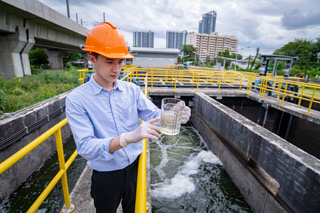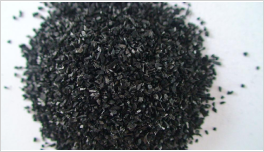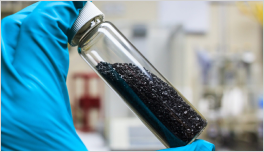Water Reuse
Water Reuse: Unlocking the Potential
What Is Water Reuse?
Water reuse (also known as water recycling or water reclamation) involves reclaiming water from various sources, treating it, and then using it for beneficial purposes.
These purposes include
- Agriculture and Irrigation: Providing water for crop fields, orchards, and landscaping.
- Potable Water Supplies: Treating reclaimed water to meet drinking water standards.
- Groundwater Replenishment: Recharging underground aquifers with treated water.
- Industrial Processes: Using reclaimed water in factories and manufacturing.
- Environmental Restoration: Enhancing ecosystems and habitats.
How It Works
Water sources for reuse can include municipal wastewater, industrial process water, stormwater, and even agricultural runoff. These sources undergo treatment to meet specific quality standards for their intended use. For example, reclaimed water used for crop irrigation must be safe for plants, soils, and farm workers.
Advantages of Water Reuse:
- Resource Conservation: Reusing water reduces the strain on existing supplies.
- Financial Savings: Lower water bills for communities and industries.
- Stormwater Management: Less runoff and flooding.
- Sustainability: Aligns with responsible water practices.
- Drought Resilience: Provides an alternative during water shortages.
Considerations
- Treatment Requirements: Water must meet specific quality standards for each purpose.
- Infrastructure Planning: Designing systems for efficient reuse.
- Regulations: Compliance with local and national guidelines.
So, next time you think about water, remember that it’s not just a one-time resource—it’s a cycle we can optimize through smart reuse! 🚰 If you want to explore more or chat about anything else, feel free to ask! 😊👍





